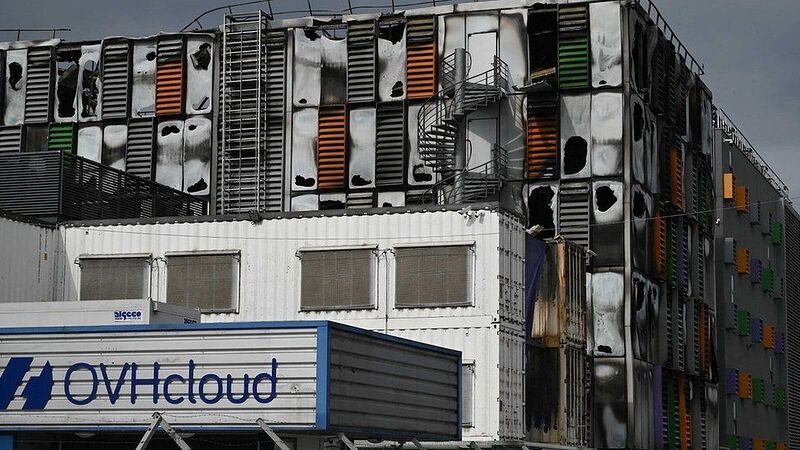Russian authorities have blamed problems accessing Google and YouTube on a fire at a data centre in Strasbourg.
The country’s media watchdog Roskomnadzor tweeted that the disruption was due to the incident.
The data centre belongs to French cloud service provider OVH, which runs 32 such sites in Europe, America and Asia.
No-one was injured in the fire, which was declared a major incident.
It is not clear how the blaze started.
OVH’s chief executive Octave Klaba tweeted early this morning to say that fire had destroyed one of the data centres and a part of a second. He asked customers to “activate your disaster recovery plan”.
https://twitter.com/olesovhcom/status/1369478732247932929
The BBC is not responsible for the content of external sites.View original tweet on Twitter
Two other data centres on the site remain closed.
OVH provides cloud services for 1.6 million customers across 140 countries.
IMAGE COPYRIGHTGETTY IMAGESimage captionOne building was destroyed and another damaged
The fire is believed to have affected several major online services, including the French government, cryptocurrency exchange Deribit and the Pompidou Centre in Paris.
The multiplayer video game Rust was also impacted - its developers tweeted that some players’ progression data had been permanently lost.
https://twitter.com/playrust/status/1369611688539009025
The BBC is not responsible for the content of external sites.View original tweet on Twitter
The Google outages come the same day as Roskomnadzor announced that it had deliberately slowed down the speed of Twitter for failing to remove 3,000 posts relating to suicide, drugs and pornography.
President Vladimir Putin recently gave the watchdog the power to block social media platforms if they discriminated against Russian media.
Twitter is the widely used by opposition figures including Alexei Navalny, who was jailed in January.
Previously the authorities have experimented with ways to create a Russia-specific internet, separate from the rest of the world, something that it says would offer protection if the West cut off internet access - but which critics say would allow it to censor a range of content.
